Wednesday 12 November, 11:00–13:00 GMT
Introduction
Health systems are navigating rapid transformation — driven by ageing populations, emerging health threats, evolving models of care, and technological advancements. These shifts bring both challenges and opportunities, especially in the face of rising service pressures and constrained resources.
By 2030, the World Health Organization (WHO) projects a shortfall of 11.1 million health workers globally, with the greatest impact in low- and middle-income countries. These shortages are compounded by challenging working conditions and high-stress environments, which increases the risk of burnout and can exclude or disincentivise the health workforce, as highlighted in our first seminar of the series.
Building on these insights — this seminar will explore how health systems and workforce optimisation policies can be redesigned and augmented through workforce capability and technology to enable the recruitment, utilisation, retention, and progression of a competent, digitally literate, and optimised workforce.
We’ll reflect on key challenges and opportunities by exploring the following questions:
- What policy, governance and institutional levers are most effective for delivering localised workforce innovation and improved workforce capability?
- How can countries empower subnational stakeholders to engage in planning and decision-making in ways that keep people, not just systems, at the centre?
- What role can technology, innovation, and digital literacy play in localised workforce optimisation?
- How can policy action for workforce capability and optimisation be leveraged to address national primary health care priorities and inequalities?
Seminar Recording
Meet our Panel
Paul Marsden, Senior Workforce Specialist and Working for Health Team Lead, WHO, Seminar Chair
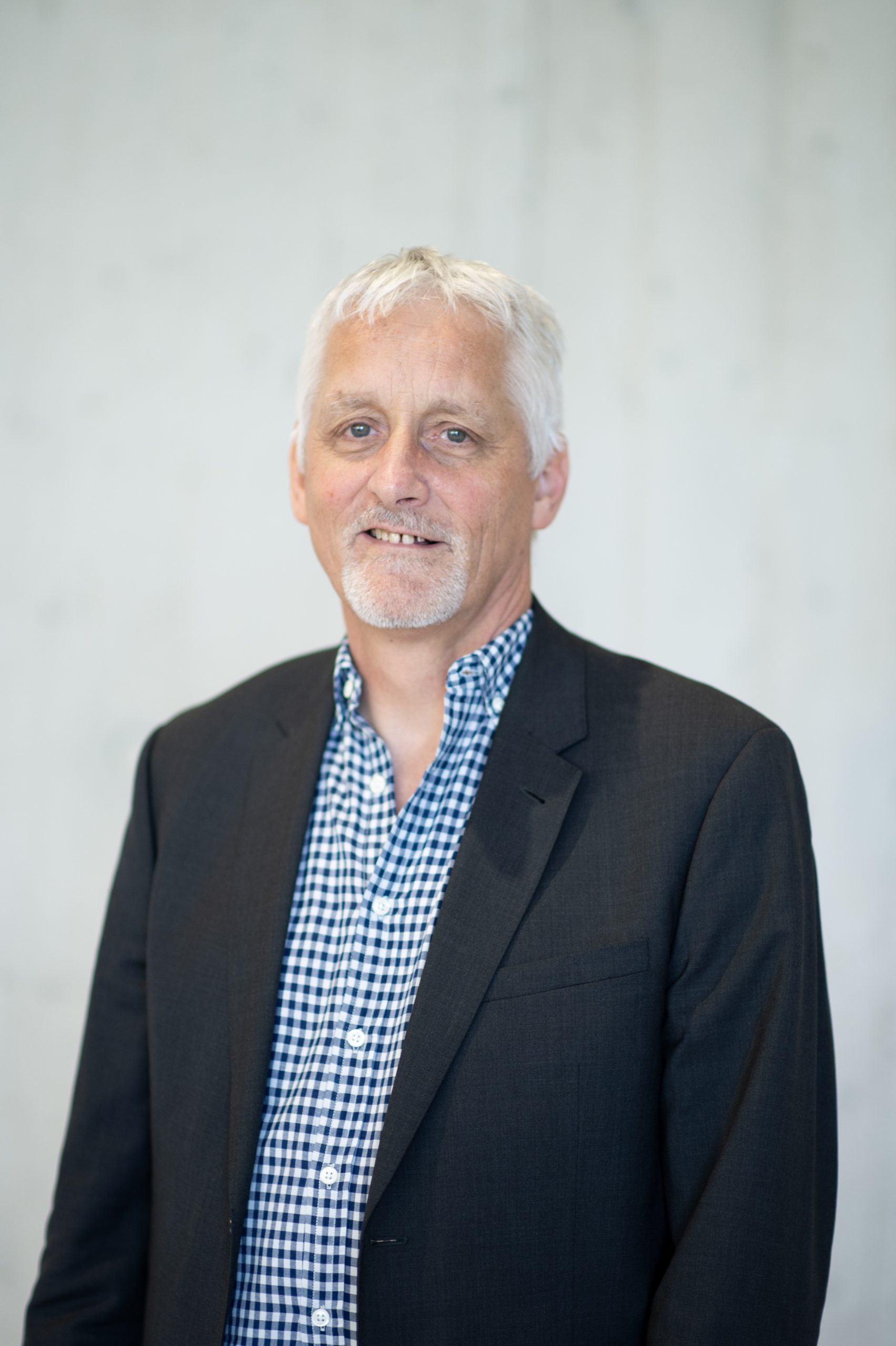
Paul Marsden is a Senior Health Workforce Specialist at the World Health Organization with over 30 years of international experience in health workforce and health systems policy, planning, and management. He has advised governments across Africa and supported more than 40 countries with strategic guidance and technical expertise. At WHO, Paul leads the joint WHO-ILO-OECD Working for Health programme, advancing the UN High-level Commission’s recommendations on health employment and economic growth. His work has helped catalyze policy action and investment in health workforce education, jobs, and retention, including the Africa Health Workforce Investment Charter and the first Africa Health Workforce Investment Forum.
The rest of our panel will be announced shortly. To receive updates, please email england.tcc@nhs.net to join our mailing list.
Mrs Peggy Vidot, Former Minister of Health Seychelles, served until October 2025
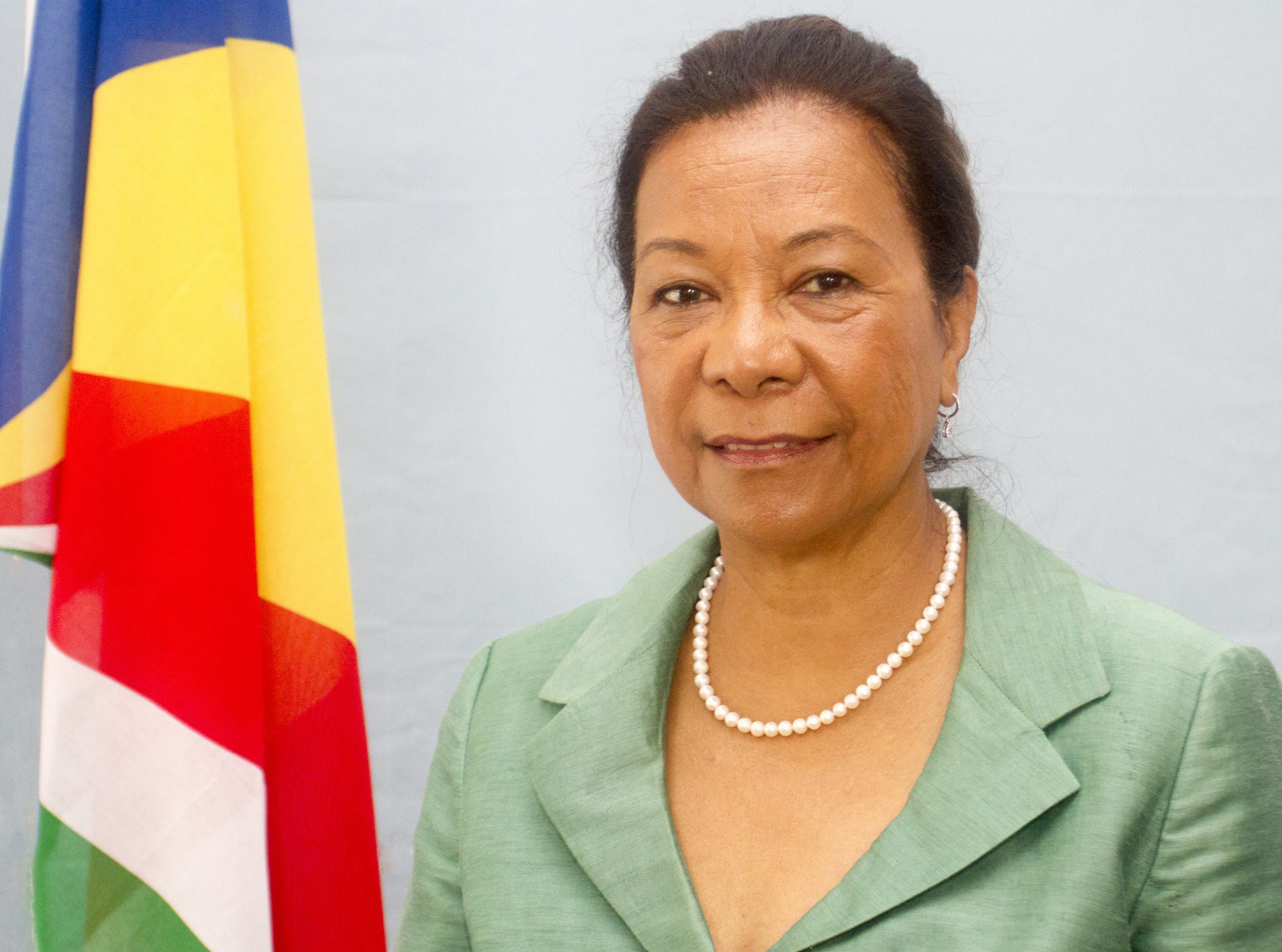
Mrs Peggy Vidot has had a long career in health, working in different positions at both national and international level. During the nine years she worked as Adviser for Health in the Commonwealth Secretariat in London she led programmes in human resources for health, maternal and child health and non –communicable diseases. She worked with many Commonwealth Countries and other partners including World Health Organization on health workforce development and ethical migration of health workers. In the last five years, Mrs Vidot has served her country as Minister of Health until she exited office at the end of October 2025. As Minister of Health, she spearheaded the launch of Seychelles National Health Strategic Plan 2022-2026, which sets out a roadmap for universal health coverage, healthy living, governance and health information systems. Under her leadership the ministry has also developed many health workforce policies and a Strategic Health Workforce Plan to address health workforce needs of her country as a Small Island Developing State. Her ministerial tenure shows emphasis on evidence-based practice, health workforce development, and alignment of Seychelles’ health system with international standards and collaborations.
Jim Campbell, Director, Health Workforce, WHO
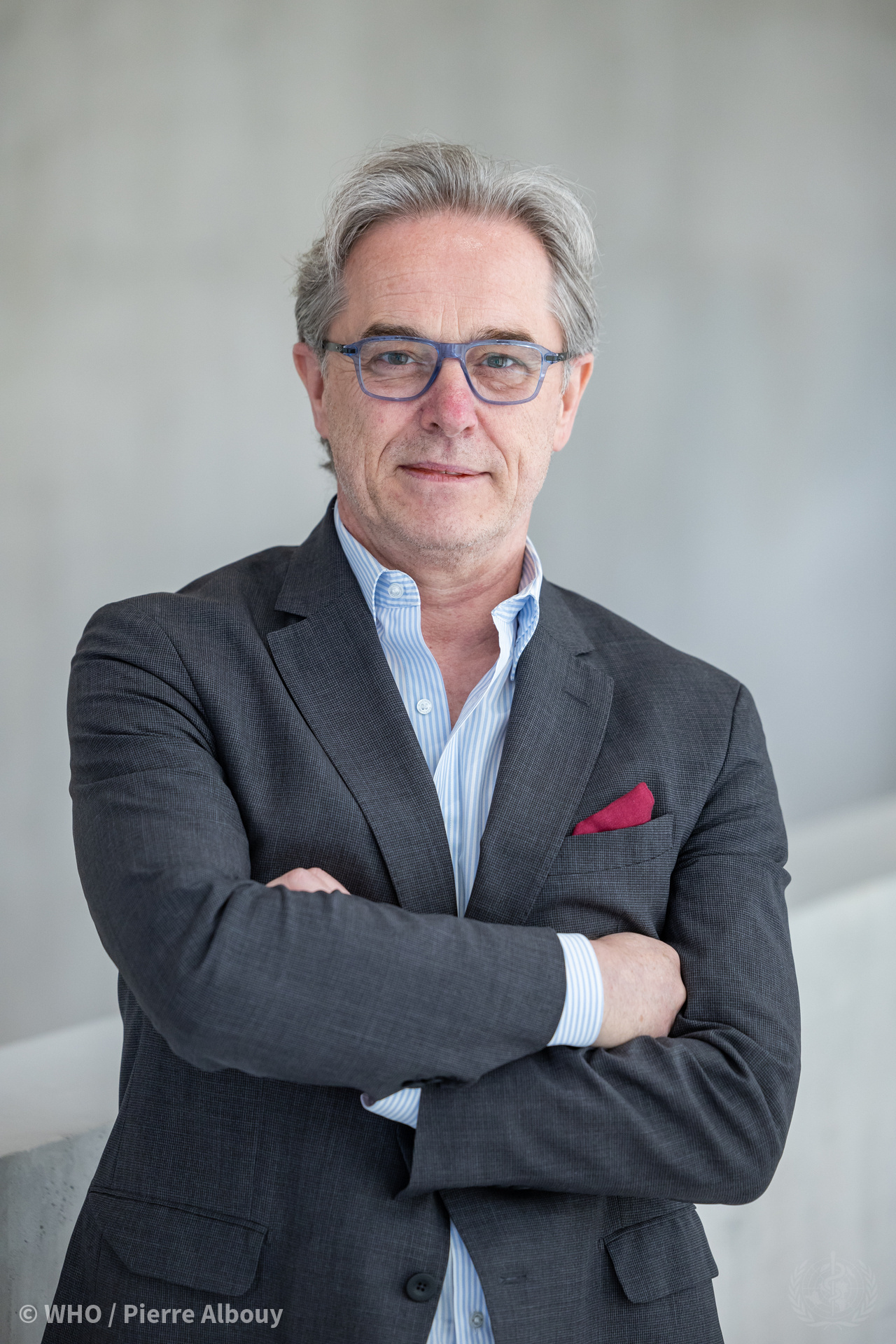
Jim Campbell is the Director, Health Workforce at the World Health Organization. He oversees the development and implementation of evidence and tools to support countries in the education, employment and retention of the health and care workforce in pursuit of global health security, universal health coverage and the Sustainable Development Goals. His portfolio includes WHO’s Global Strategy on Human Resources for Health: Workforce 2030, the joint WHO, ILO, OECD Working for Health partnership to implement recommendations of the UN High-Level Commission on Health Employment and Economic Growth, and the WHO Global Code of Practice on the International Recruitment of Health Personnel. He oversees collaborative networks and partnerships with academia, civil society, government institutions, professional associations, and unions, with particular focus on data exchange, digital technologies/AI and equality for women and youth. Jim is a graduate of the University of Bristol and the University of Leeds, and an Honorary Fellow of the Faculty of Public Health and the Faculty of Nursing and Midwifery, Royal College of Surgeons in Ireland. He has published extensively and is a visiting lecturer for post-graduate health and MBA programs worldwide.
Caline Mattar, Associate Professor of Medicine and Public Health, Washington University

Caline Mattar is a Lebanese Physician currently an Associate Professor of Medicine and Public Health at Washington University in Saint Louis in the United States. She has been an advocate for Health Workforce since her student years and chairs the Working4Health GHWN Youth Hub. She was the first woman to lead the Junior Doctors’ Network of the World Medical Association where she currently serves as policy advisor on Public Health issues and Health Workforce.
Åsa Olsson, Subject Specialist on Human Resources for Health, Socialstyrelsen
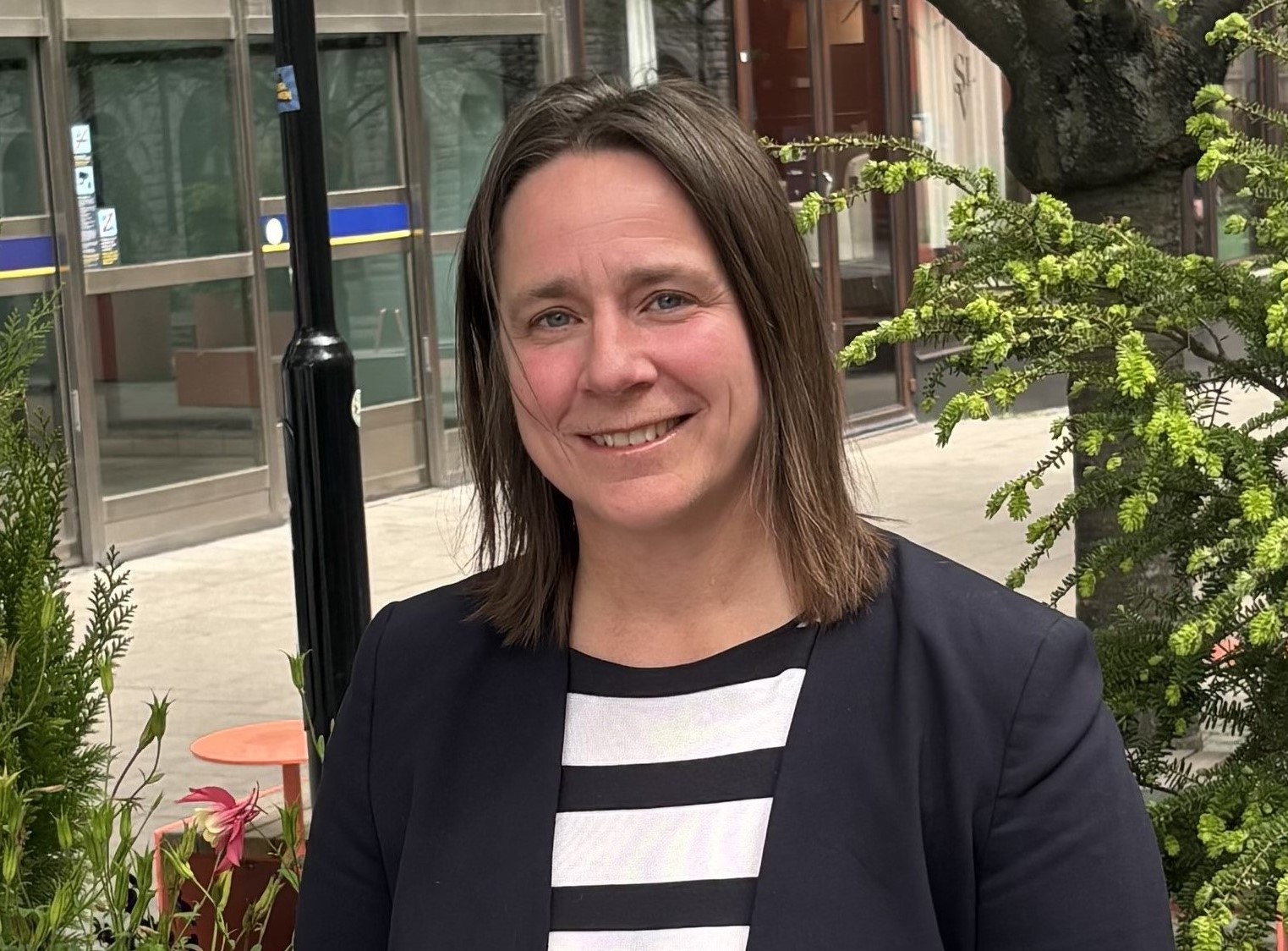
Åsa Olsson is a subject specialist on Human Resources for Health (HRH) at the National Board of Health and Welfare (Socialstyrelsen), Sweden. Her work focuses on strengthening healthcare workforce capabilities through learning, collaboration, and working with complexity. She applies applied backcasting, the capabilities framework, and Human Learning Systems to bridge policy, practice, and research to build adaptive, human-centred systems. Her approach focuses on how to combine welfare resources so they truly matter for people and communities, supporting staff wellbeing and care that meets real needs.
Adeeb Naasan, Data & Digital Lead, The Scottish Government
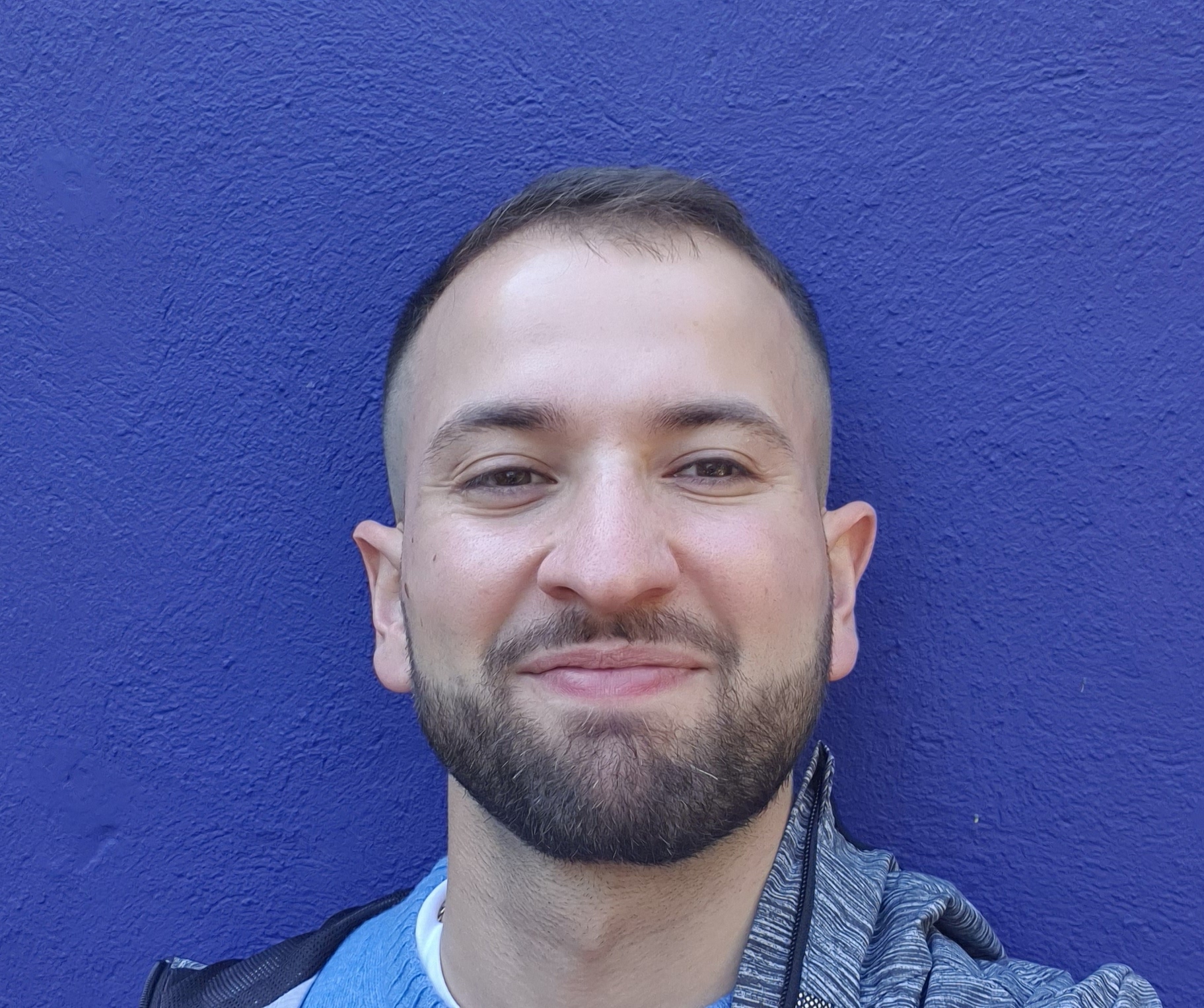
Adeeb Naasan is a Scottish-Syrian public health professional driven by a commitment to equity, compassion, and global connection. His career spans front-line medicine, pandemic response, national policy, and international development – most recently as Global Health Lead for the Scottish Government, where he supported partnerships with Malawi, Rwanda, and Zambia. He now works at the intersection of public health and digital transformation, exploring how data and technology can help build fairer, more connected, and resilient health systems.
Phoebe Spurr, Deputy Head of International Development and Global Health Development Lead, The Scottish Government
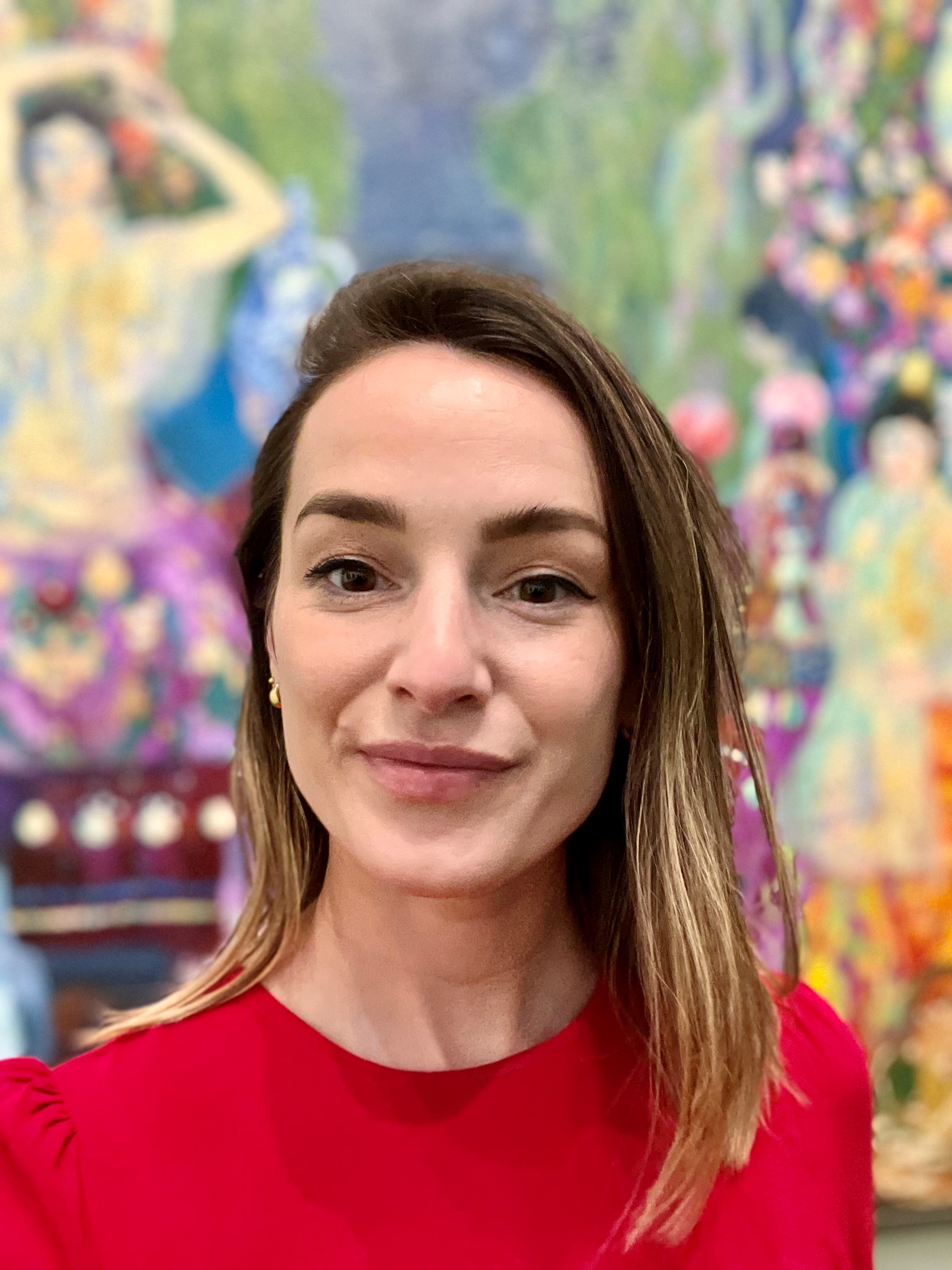
Phoebe Spurr is Deputy Head of International Development at the Scottish Government, leading work with partners in Malawi, Zambia and Rwanda to strengthen health systems, promote equity and support sustainable, locally-led outcomes in line with Scotland’s commitment to global solidarity and social justice. Phoebe is a development practitioner specialising in global health and health diplomacy in Africa and Asia.
Prof Alice Lakati, Founding Director of Research, Innovation and Community Extension, Amref International University
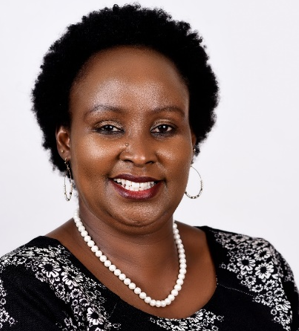
Dr. Lakati is an Associate Professor of Public Health and Epidemiology, recognised for her extensive expertise in the field, with over twenty years of significant experience in academia, research, and public health practice. She currently holds the position of Founding Director of Research, Innovation and Community Extension at Amref International University, an affiliate of Amref Health Africa. In this role, she has led the development and implementation of research projects and evaluations across several countries in Africa. She has held teaching positions at private and public universities across Kenya, Uganda, and Ethiopia. Additionally, she has contributed to various expert committees, including those convened by the World Health Organisation. At Amref International University, Dr Lakati has held several senior leadership roles, such as Acting Vice-Chancellor and Founding Dean of both the School of Public Health and the Graduate School.